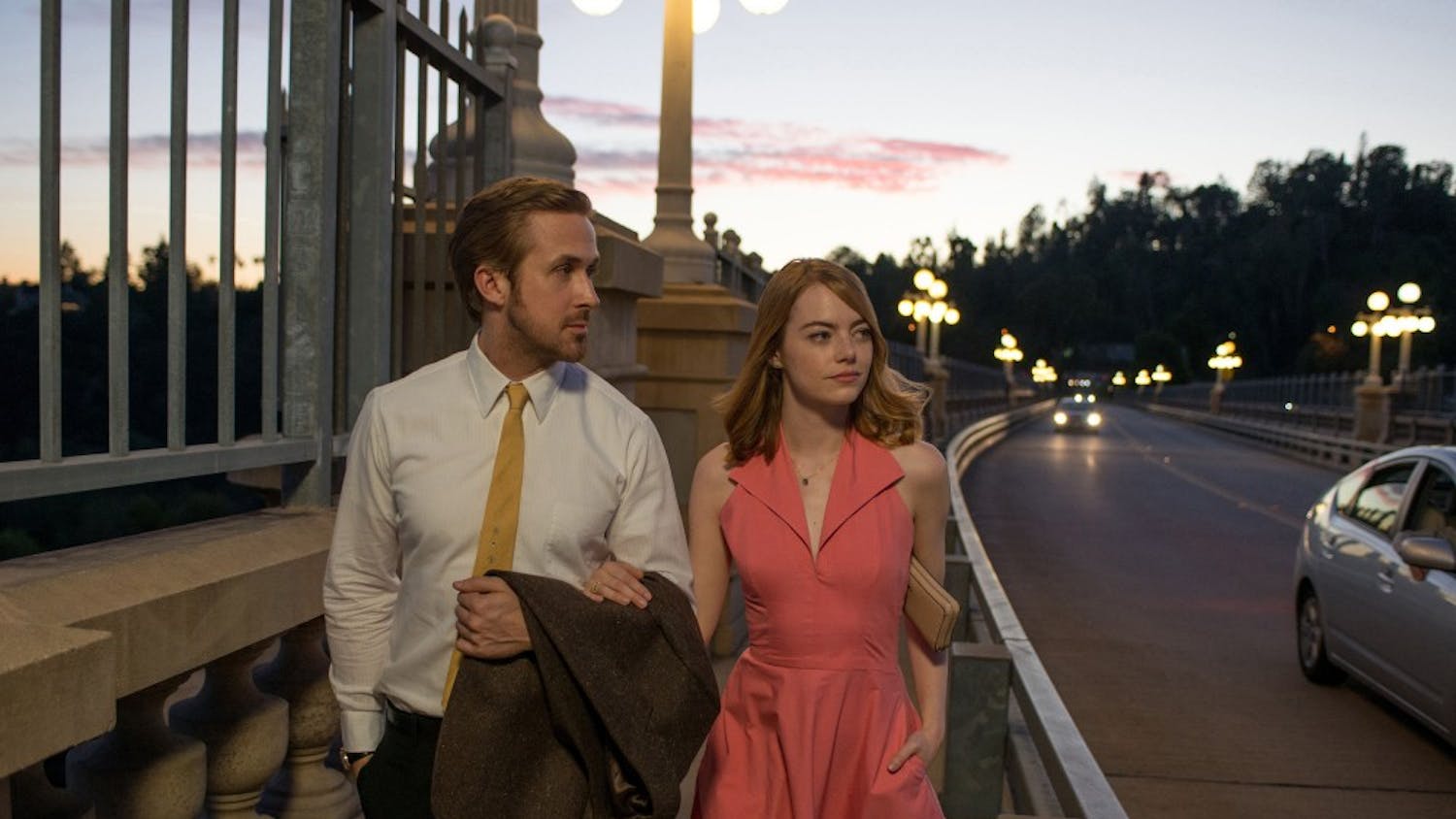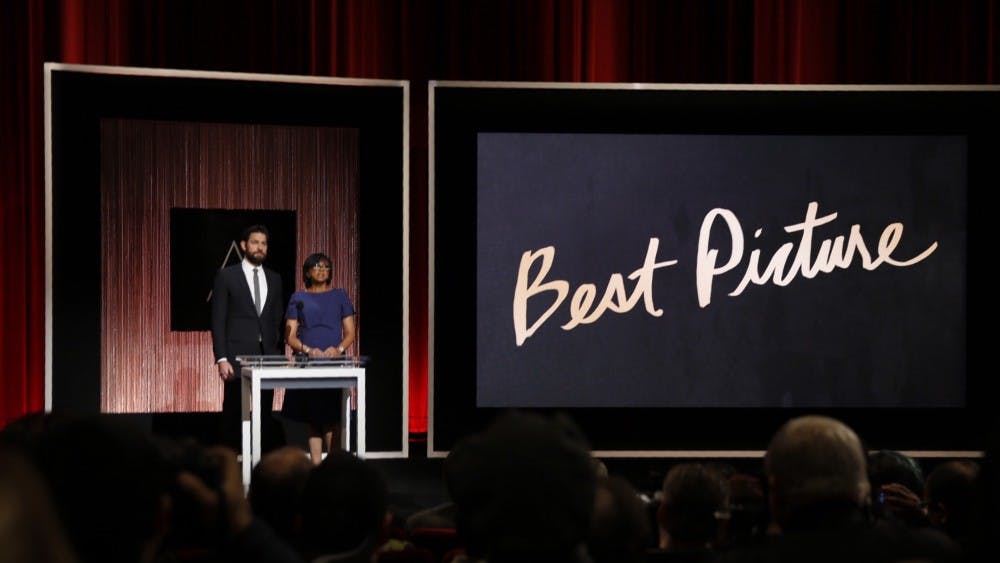In a periodic table of comedic elements, timeliness and relevance are crucial, but neither more so than the element of surprise.
Much of the rhetoric swirling around comedians like Louis C.K., Paul F. Tompkins and Patton Oswalt is that they have fresh material every year. They refine jokes on stage while they travel to find that particular cadence or mode of expression that makes them funniest for a stand-up hour or special. Once the jokes are recorded or made famous, however, they’re never recycled.
Comedians from the U.S. speak in awe of this ability to generate new material, as though these acts share the same plasma as Star Trek’s super-species villain Khan. But in the United Kingdom, leaving old jokes behind is not a new phenomenon.
The U.K., for example, doesn’t have the same television opportunities for specials or five-minute spots at the end of late-night talk shows. Stand-up acts are discovered through a more independent structure than the brief spotlight before credits roll.
For one, there’s the Edinburgh Comedy Festival. Comedians perform their written material for an hour all 30 days of the event. If they want to come back the next summer, they immediately begin working on an entirely different act for next year’s show. The demand for fresh material is incredibly intense and, this lack of comedy “routine” fosters a much more prolific community of stand-up. Productivity is the norm.
The pillars of U.S. comedy are monumental not only for the quality of their acts, but their novelty. C.K., Tompkins and Oswalt don’t have gimmicks. While their legions of fans may shout out beloved jokes during performances, these comedians rarely answer their call.
Comedians shouldn’t be pegged to ideas they had when they were younger. They are people moving through a career, and their minds evolve. It’s incredibly damaging to be known only for a few jokes. This limits not only their ability to grow as people, but it strains the creativity of their comedic material, especially since many top stand-up acts, like Ray Romano, believe the key to comedy is being conversational and not seeming rehearsed. That spontaneity doesn’t come from performing the same jokes time and again.
Some comedians relish the kind of camaraderie established with knowledge of audience “favorites.” It’s flattering to know that a joke meant so much to one person, or they feel they owe it to the audience to meet their expectations. But it’s hard to label the “signature” catchphrases of Larry the Cable Guy as artistry.
There’s a point where repetition is a crutch. It’s not productive for a stand-up to rely on what made them famous, even if it built a fan base or is “expected.” Audiences shouldn’t be paying to see something they can watch on YouTube. Both parties should be encouraging innovation.
Recycling is not enough
Get stories like this in your inbox
Subscribe




